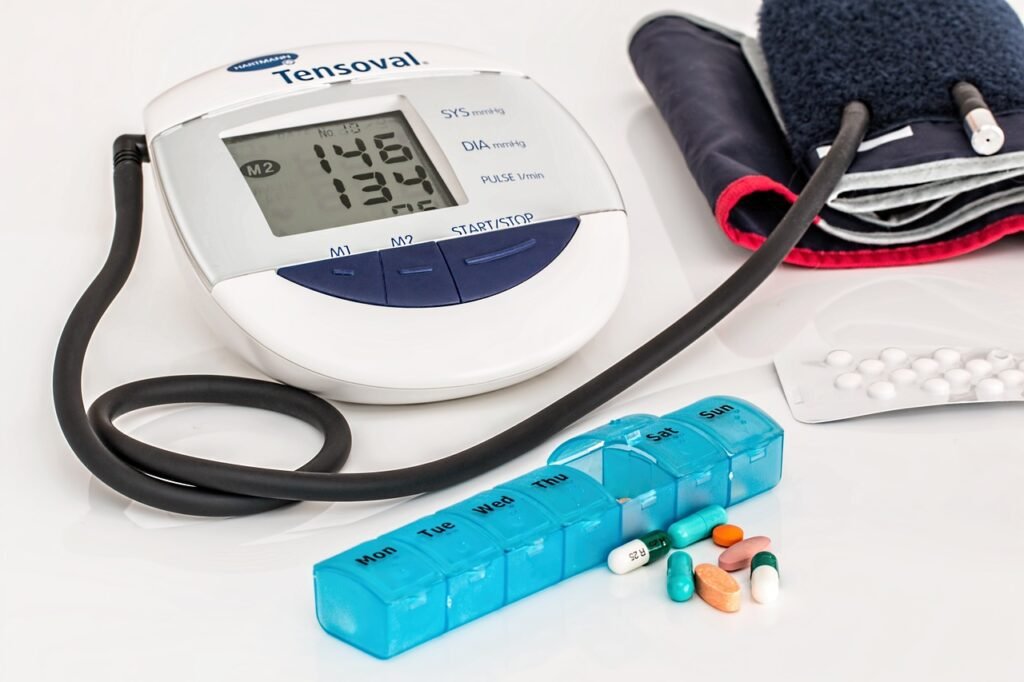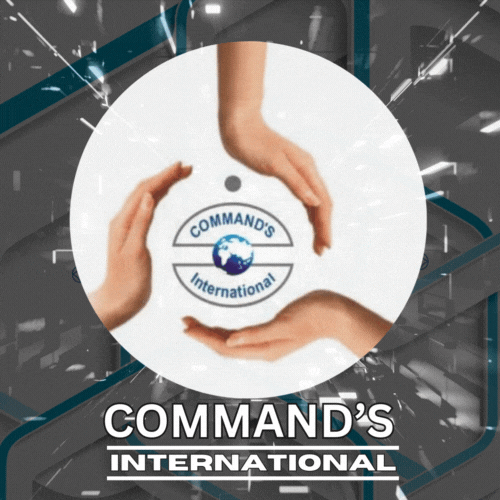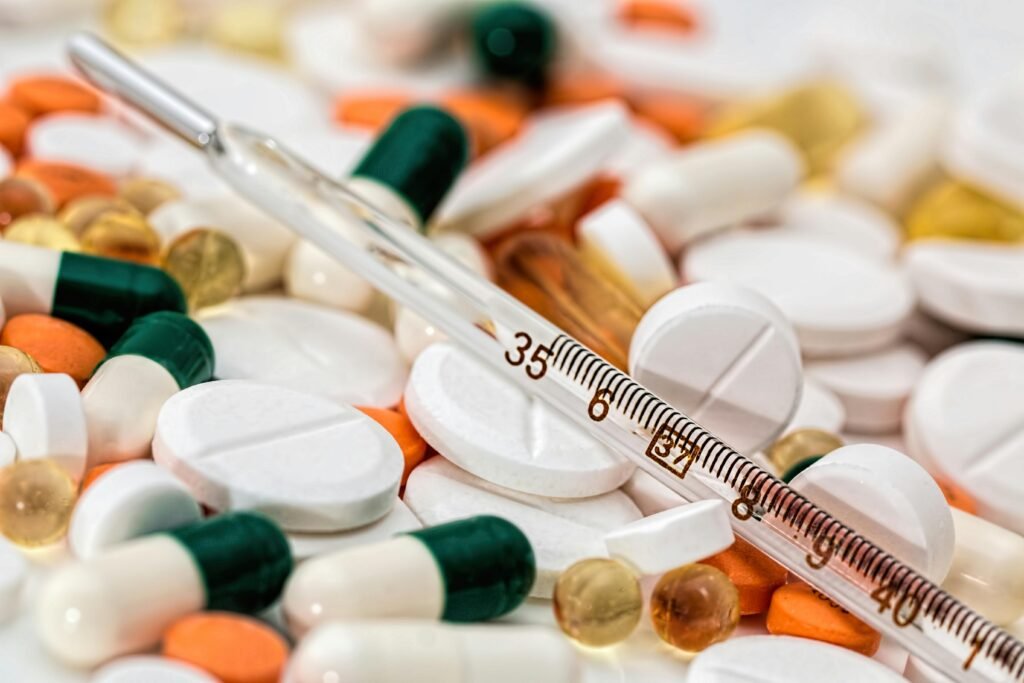

Understanding the names and types of medicines is crucial for discussing health, understanding prescriptions, and buying medication. This vocabulary list introduces common medicines, their uses, and related terminology.
Types of Medicines
1. Pain Relievers (Analgesics)
- Paracetamol (Acetaminophen) – Reduces pain and fever.
- Ibuprofen – Used for pain, inflammation, and fever.
- Aspirin – Relieves pain and reduces inflammation.
- Morphine – A strong painkiller used in severe cases.
2. Antibiotics
- Amoxicillin – Treats bacterial infections.
- Penicillin – A common antibiotic for bacterial diseases.
- Ciprofloxacin – Used for urinary tract and respiratory infections.
- Doxycycline – Often prescribed for acne and respiratory infections.
3. Antihistamines
- Loratadine – Relieves allergies like hay fever.
- Cetirizine – Used for itching, runny nose, and hives.
- Diphenhydramine – Helps with allergies and sleep issues.
- Chlorpheniramine – Alleviates cold and allergy symptoms.
4. Cough and Cold Medicines
- Cough Syrup – Liquid medicine to relieve coughs.
- Decongestants – Reduces nasal congestion (e.g., Pseudoephedrine).
- Expectorants – Helps clear mucus from the lungs (e.g., Guaifenesin).
- Lozenges – Relieves sore throat and cough.
5. Digestive System Medicines
- Antacids – Neutralizes stomach acid (e.g., Ranitidine, Tums).
- Laxatives – Relieves constipation (e.g., Dulcolax).
- Probiotics – Supports gut health.
- Anti-diarrheal – Controls diarrhea (e.g., Loperamide).
6. Antiviral Medications
- Oseltamivir (Tamiflu) – Treats influenza.
- Acyclovir – Used for herpes infections.
- Remdesivir – Treats severe cases of viral infections like COVID-19.
7. Antifungal Medications
- Clotrimazole – Treats fungal infections of the skin.
- Fluconazole – Used for fungal infections in the body.
- Nystatin – Treats yeast infections.
8. Chronic Condition Medications
- Insulin – Manages diabetes by controlling blood sugar.
- Statins – Lowers cholesterol levels.
- Beta-blockers – Treats high blood pressure and heart conditions.
- Inhalers – Provides relief from asthma and breathing difficulties.
9. Emergency Medications
- Epinephrine (EpiPen) – Used for severe allergic reactions.
- Activated Charcoal – Treats poisoning cases.
- Nitroglycerin – Relieves chest pain during heart attacks.
Forms of Medicines
- Tablets – Small, solid medicine you swallow.
- Capsules – Medicine enclosed in a gelatin shell.
- Syrup – Liquid form, often for children.
- Injections – Administered through a syringe.
- Ointments/Creams – Applied on the skin for external use.
- Drops – Liquid medicine for eyes, ears, or nose.
- Patches – Medicine delivered through the skin.
Medical Vocabulary
- Prescription – Written order for medication from a doctor.
- Over-the-Counter (OTC) – Medicines available without a prescription.
- Dose – The amount of medicine to be taken.
- Side Effects – Unintended effects of a medicine.
- Pharmacist – A person who prepares and sells medicine.
🗣️ Common Phrases About Medicines
- “Take this medicine twice a day after meals.”
- “Do you have anything for a headache?”
- “What are the side effects of this medication?”
- “Is this medicine available over the counter?”
- “How should I store this medicine?”
✨ Practice Questions
- What medicine would you take for an allergy?
- Name two types of antibiotics.
- How would you describe the purpose of an inhaler?
- What is the difference between a tablet and a capsule?
📌 Learn more medical vocabulary and improve your English at www.commandsglobal.com.
Build confidence in discussing health topics in English! 🩺💊✨

